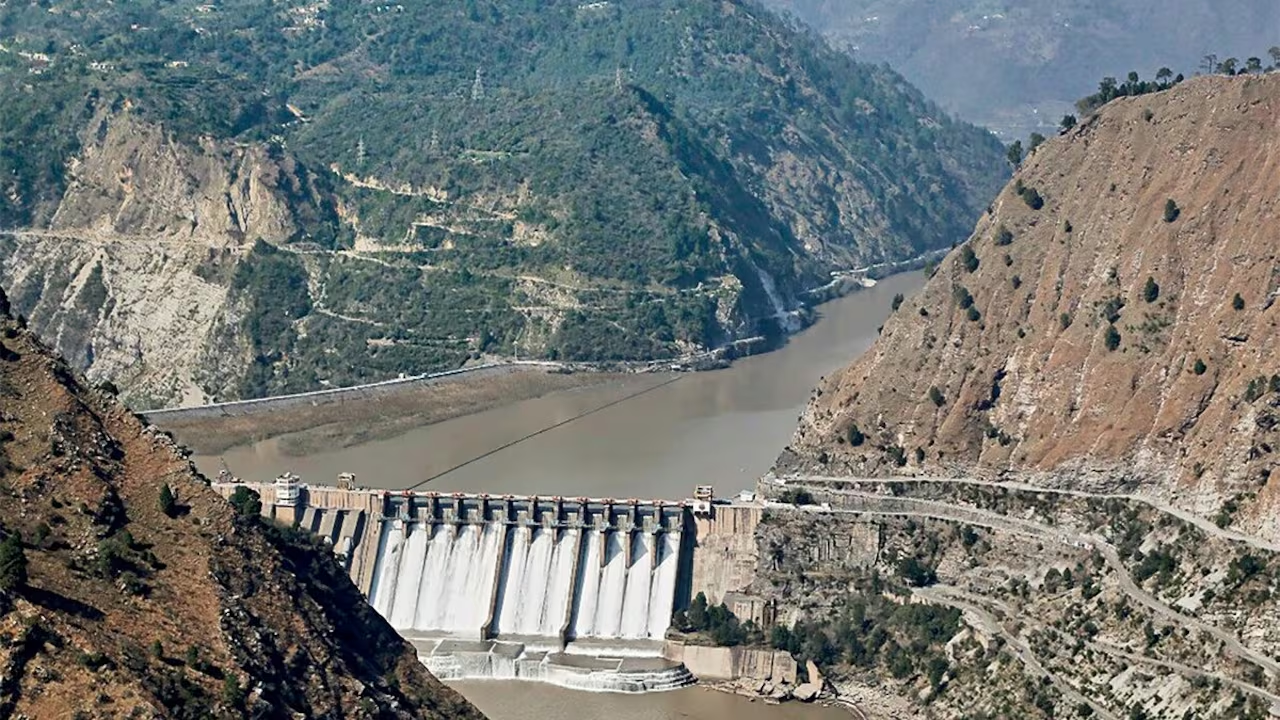- Courses
- GS Full Course 1 Year
- GS Full Course 2 Year
- GS Full Course 3 Year
- GS Full Course Till Selection
- Answer Alpha: Mains 2025 Mentorship
- MEP (Mains Enrichment Programme) Data, Facts
- Essay Target – 150+ Marks
- Online Program
- GS Recorded Course
- Polity
- Geography
- Economy
- Ancient, Medieval and Art & Culture AMAC
- Modern India, Post Independence & World History
- Environment
- Governance
- Science & Technology
- International Relations and Internal Security
- Disaster Management
- Ethics
- NCERT Current Affairs
- Indian Society and Social Issue
- NCERT- Science and Technology
- NCERT - Geography
- NCERT - Ancient History
- NCERT- World History
- NCERT Modern History
- CSAT
- 5 LAYERED ARJUNA Mentorship
- Public Administration Optional
- ABOUT US
- OUR TOPPERS
- TEST SERIES
- FREE STUDY MATERIAL
- VIDEOS
- CONTACT US
ARMENIA SUSPENDS ITS PARTICIPATION IN THE RUSSIA-LED CSTO
ARMENIA SUSPENDS ITS PARTICIPATION IN THE RUSSIA-LED CSTO
27-02-2024
Armenia's Prime Minister announced that Armenia suspends its participation in the Russia-led Collective Security Treaty Organization (CSTO), citing the bloc's failure to support the country.
Overview:
- Establishment: Formed in 2002, the CSTO is an intergovernmental military alliance in Eurasia.
- Member Countries: Presently, the members include Russia, Armenia, Belarus, Kazakhstan, Kyrgyzstan, and Tajikistan.
Background:
- Origins: The Collective Security Treaty (CST) was signed on May 15, 1992, in Tashkent by Armenia, Kazakhstan, Kyrgyzstan, Russia, Tajikistan, and Uzbekistan. Azerbaijan, Georgia, and Belarus later joined.
- Entry into Force: The treaty became effective on April 20, 1994.
- Recognition: In May 2002, the Collective Security Council in Moscow granted the CSTO the status of an international regional organization.
- UN Observer Status: In 2004, the UN General Assembly granted the CSTO observer status.
- Statutory Bodies: These include the Collective Security Council (CSC), Council of Foreign Ministers (COM), Council of Ministers of Defense (CIO), and Committee of Secretaries of Security Council (CSSC).
- Headquarters: Moscow, Russia.
Key Objectives:
- National and Collective Security: Ensuring security for member states and promoting collective security measures.
- Politico-Military Cooperation: Facilitating intensive cooperation in political and military spheres.
- Foreign Policy Coordination: Collaborating on international and regional security issues.
- Multilateral Cooperation: Establishing mechanisms for cooperation, including military cooperation.
- Counteraction to Security Threats: Developing strategies to combat modern challenges and security threats.
The recent decision by Armenia highlights challenges within the CSTO and highlights the complexities of regional security dynamics in Eurasia



